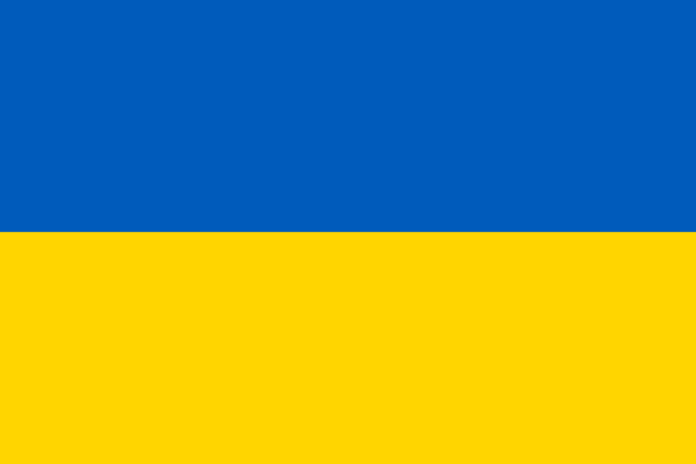A new survey has revealed the huge lengths schools across the country made to demonstrate support for Ukraine following the Russian invasion this February.
The CAGE led survey – which received 532 responses from parents, students and teachers – also revealed “a cavalier attitude to due diligence,” including collaboration with organisations with far-right links and the soft penetration of security and Prevent-linked think tanks to educate schools on “disinformation” about the war.
In a small number of examples, schools also raised funds for military gear.
The survey revealed:
- 96% confirmed proactive engagement on the Ukraine issue by schools (including holding non-uniform days, activities, donation appeals or acknowledgements in newsletters).
- 62% indicated their schools had fundraised or hosted donation drives for Ukraine.
- 17% mentioned schools promoted motifs of the Ukraine flag, such as encouraging children to wear blue and yellow for non-uniform days, or hoisting the Ukraine flag on school grounds.
- In a small number of cases, funds were raised for military gear through the far right-linked Association of Ukrainians in Great Britain. Set up immediately after World War II, it has deep historical connections, shared leadership, and ongoing political sympathies for the Ukrainian far-right, including the Nazi-collaborators Stepan Bandera, the Organization of Ukrainian Nationalists and the Ukrainian Insurgent Army.
- Former Prime Minister Tony Blair’s Institute for Global Change was given access to schools by the Government alongside the Prevent-supporting Institute of Strategic Dialogue to instruct schools on “disinformation” and tackling extremism.
The study brings into contrast the stark disparity between how the 2022 invasion of Ukraine was approached versus how the issue of Palestine was dealt with in the context of Israel’s 2021 war on Gaza.
Dozens of respondents pointed out the disparity in comparison with the widespread repression of Palestine solidarity seen in schools last year with dozens of parents challenging their schools on it.
This included reluctance to raise awareness of or discuss the conflict, to fundraise for Palestine, and active suppression of the Palestinian flag in schools.
Subscribe to our newsletter and stay updated on the latest news and updates from around the Muslim world!
Schools also made active efforts to silence discussion of the Israeli attack on Palestine or educate children on the context and history of the region.
One respondent describing their experience with their daughter’s school said: “They deflected questions and didn’t give students the answers they were looking for when asked why funds were being raised for Ukraine and they weren’t even allowed to wear badges for Palestine. The only time where they directly spoke about Palestine was in an email about a year ago and it was discouraging any efforts to raise funds. The double standards are uncanny.”
Last year, then Education Secretary Gavin Williamson issued a letter to schools validating the widespread suppression and sanctioning of Palestine solidarity in schools across the country, which used the spectre of antisemitism and rules about political impartiality to crack down on any and all signs of support for Palestine among pupils and staff.
Author of the Study and Head of Research at CAGE, Azfar Shafi said: “The research seeks to illustrate what many have instinctively felt to be a stark disparity between how solidarity with Palestinians was repressed in British schools, compared to the expansive support extended to Ukrainians. The hundreds of cases, testimonies and documents we received proved beyond doubt that this has been the case – and illustrate the wide variety of forms this has taken.
“Despite the sharp differences, the research uncovered some notable convergences in the way that the government approached the questions of Palestine and Ukraine in school. Whether under the banner of countering ‘extremism’, preventing ‘antisemitism’ or tackling ‘disinformation,’ there has been a concerted effort to stage-manage the terms of political discussion in school, including through the use of security thinktanks, to firmly align with British foreign policy interests.”























